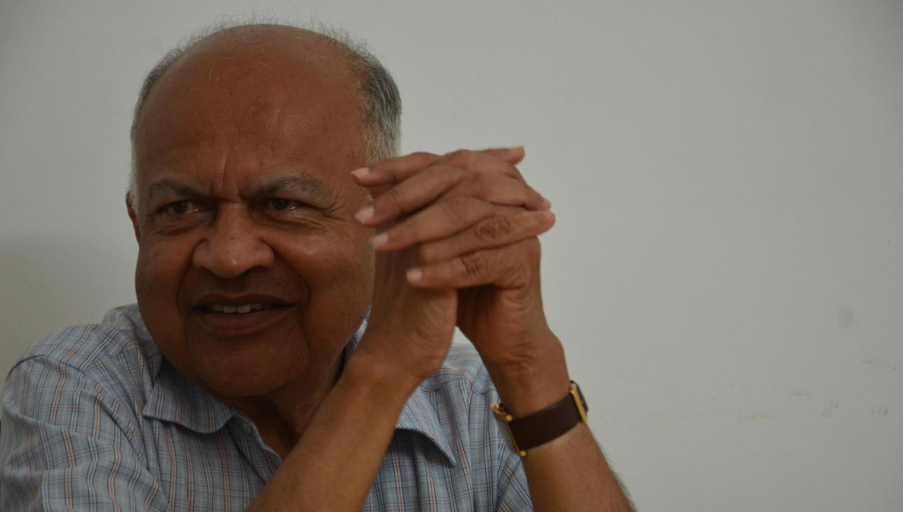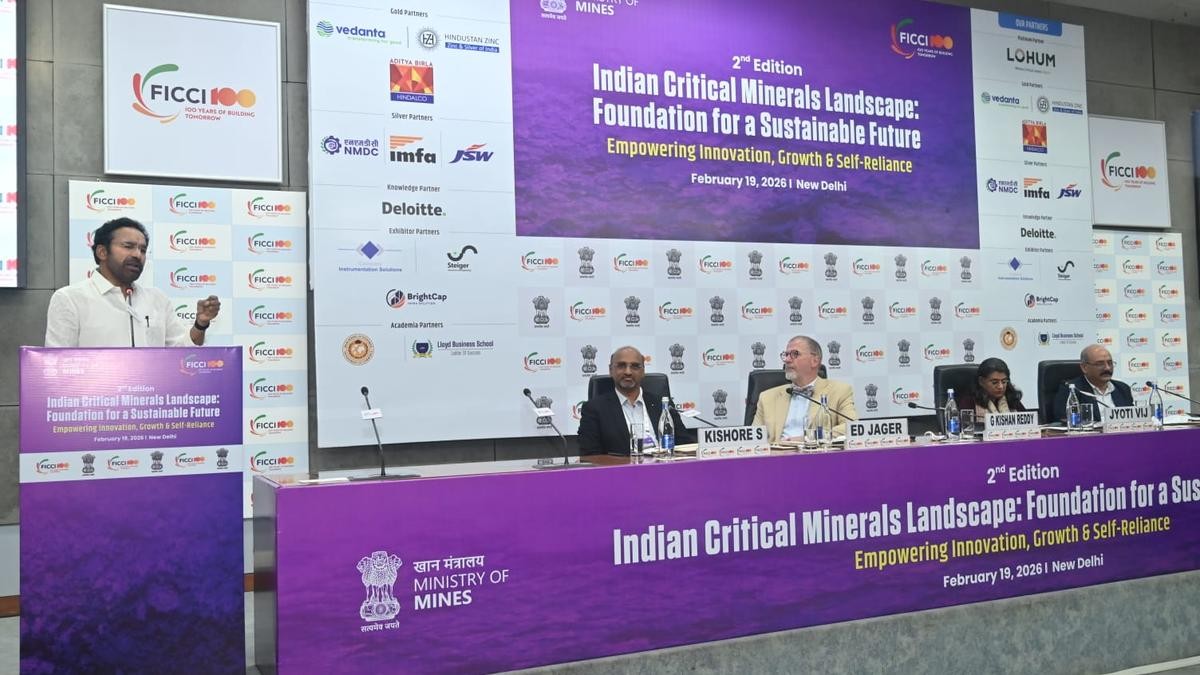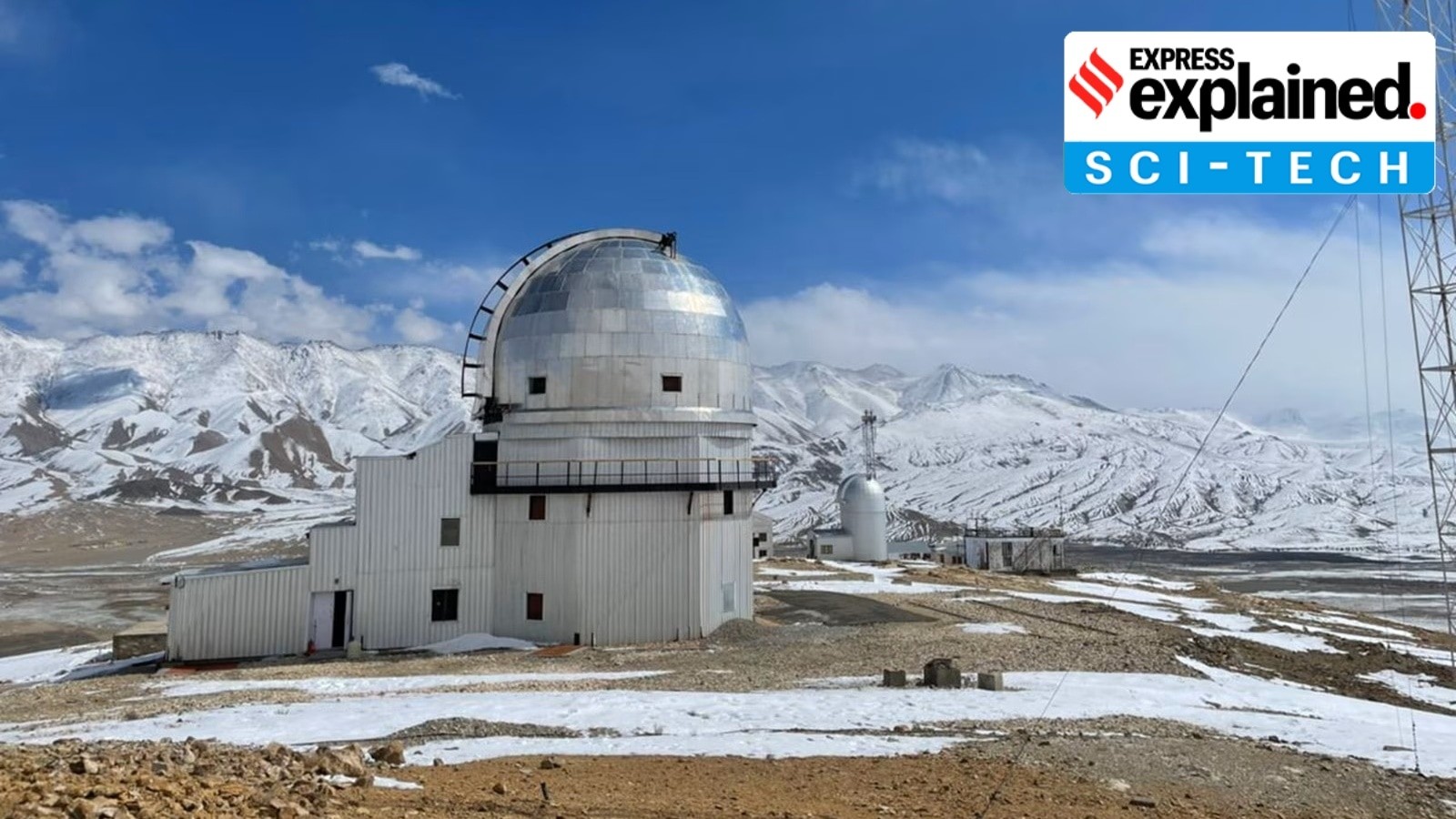



The Rashtriya Vigyan Puraskar (RVP), instituted by the Government of India in 2023, is a prestigious national award recognizing outstanding contributions in science and technology. It has four categories—Vigyan Ratna (lifetime achievement), Vigyan Shri (recent distinguished work), Vigyan Yuva (for scientists under 45), and Vigyan Team Award (for collaborative innovation). The awards include a medal and citation but no cash prize, aligning with the spirit of the Padma Awards. The Principal Scientific Adviser (PSA) chairs the selection committee, which recommends awardees to the Minister of Science & Technology. RVP aims to promote scientific excellence, streamline recognition, and enhance the national stature of India’s science awards, though transparency and merit-based selection remain key for its credibility.

Copyright infringement not intended
Picture Courtesy: The Hindu
The government recently announced 24 individual recipients and one team as winners of the second edition of the Rashtriya Vigyan Puraskar (RVP) awards, which recognize outstanding contributions to science and technology in India.
The Rashtriya Vigyan Puraskar (RVP) is a national award established by the Government of India to honour exceptional contributions in the field of science, technology, and innovation. It aims to recognize both individual and team excellence across various disciplines of science.
Award Categories
The RVP is divided into four main categories:
Number of Awards
In total, up to 56 awards can be given each year under all categories. However, the number may vary depending on the evaluation process.
For example, in 2025, 24 individual scientists and one team were selected—fewer than the 33 awardees in 2024.
Selection Process
The selection is conducted by the Rashtriya Vigyan Puraskar Committee, chaired by the Principal Scientific Adviser (PSA) to the Government of India.
This committee includes:
The committee recommends names to the Minister of Science and Technology, who announces the final list of awardees.
|
S. No. |
Initiative / Scheme |
Implementing Ministry / Agency |
Main Objective / Focus Area |
|
1 |
Rashtriya Vigyan Puraskar (RVP) |
Ministry of Science & Technology |
To honour individuals and teams for excellence in science and technology. |
|
2 |
INSPIRE Programme (Innovation in Science Pursuit for Inspired Research) |
Department of Science & Technology (DST) |
To attract young talent to science through scholarships, internships, and mentoring. |
|
3 |
Atal Innovation Mission (AIM) |
NITI Aayog |
To promote innovation and entrepreneurship through Atal Tinkering Labs and incubation centres. |
|
4 |
National Research Foundation (NRF) |
Ministry of Education |
To fund and coordinate high-quality research across universities and industries. |
|
5 |
Vigyan Jyoti Scheme |
Department of Science & Technology (DST) |
To encourage and support girls to pursue careers in STEM fields. |
|
6 |
Scientific Social Responsibility (SSR) Policy |
Department of Science & Technology (DST) |
To promote the sharing of scientific knowledge and resources with society. |
|
7 |
Science and Engineering Research Board (SERB) |
Department of Science & Technology (DST) |
To fund and support research projects and fellowships, especially for young scientists. |
|
8 |
GATI (Gender Advancement for Transforming Institutions) |
Department of Science & Technology (DST) |
To promote gender equality and women’s participation in science and research. |
|
9 |
National Supercomputing Mission (NSM) |
DST & Ministry of Electronics and IT (MeitY) |
To build a network of supercomputers for advanced research and data analysis. |
|
10 |
ISRO Space Programmes (e.g., Chandrayaan, Gaganyaan) |
Department of Space (ISRO) |
To advance space research, exploration, and technology development. |
|
11 |
Atomic Energy Research Programmes |
Department of Atomic Energy (DAE) |
To promote nuclear energy research and applications for peaceful use. |
|
12 |
Ramanujan Fellowship |
DST / SERB |
To attract and retain talented scientists and researchers in India. |
|
13 |
Ramalingaswami Re-entry Fellowship |
Department of Biotechnology (DBT) |
To support Indian scientists returning from abroad to continue research in India. |
|
14 |
Kishore Vaigyanik Protsahan Yojana (KVPY) |
Department of Science & Technology (DST) |
To identify and nurture talented students interested in research careers. |
|
15 |
Women Scientist Scheme (WOS-A, WOS-B, WOS-C) |
Department of Science & Technology (DST) |
To provide research opportunities and support for women scientists. |
|
16 |
JC Bose & Shanti Swarup Bhatnagar Awards |
DST / CSIR |
To recognize outstanding contributions to scientific research. |
|
Feature |
Current Status |
Way Forward / Target |
|
Award value |
Medal + certificate, no cash prize |
Introduce cash seed-grant or research fund for awardees |
|
Selection transparency |
Committee exists but process details limited |
Publish detailed selection criteria & shortlists; independent oversight |
|
Representation |
Awardees across four categories; first year 33, second year fewer |
Achieve consistent annual numbers, ensure domain/regional balance |
|
Post-award support |
Recognition only |
Build laureates network, mentoring, outreach roles |
|
Impact tracking |
Not widely reported yet |
Track outcomes (publications, patents, mentorship) of awardees; publish annual report |
Source: The Hindu
|
Practice Question Q. Discuss the objectives and structure of the Rashtriya Vigyan Puraskar (RVP). Critically examine the need for a transparent and hands-off approach in its selection process. (250 words) |
The Rashtriya Vigyan Puraskar (RVP) is a national award instituted by the Government of India in 2023 to recognize outstanding contributions by scientists, technologists, and innovators across various fields of science and technology.
The Ministry of Science and Technology, Government of India, confers the RVP awards on behalf of the Central Government.
The Principal Scientific Adviser (PSA) chairs the Rashtriya Vigyan Puraskar Committee, which recommends names of the awardees.







© 2026 iasgyan. All right reserved